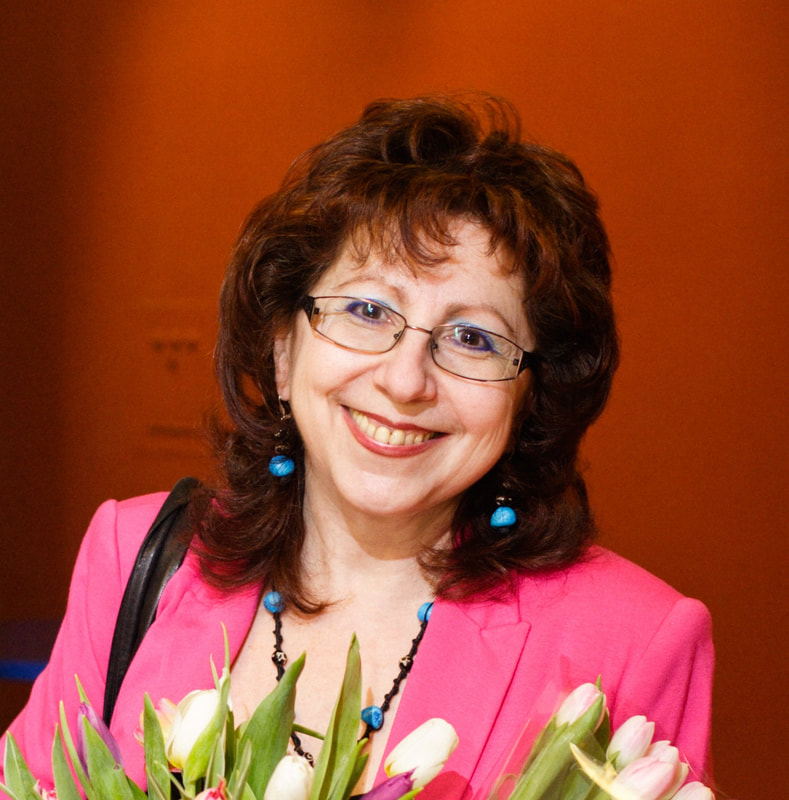When Leo Tolstoy died in 1910, Dziga Vertov, an unknown boy from Bialystok, was 14 years old. The elder of Yasnaya Poliana could know neither the name nor the works of the future filmmaker, one of the founders of the art of documentary cinematography. The film, however, follows the two artists’ life paths, their worldviews and biographies in a parallel motion. In his best films (Kino-Eye, Man with a Movie Camera, The Symphony of Donbass and others), Vertov explored Tolstoy’s aesthetic principles and promoted the traditions of classical Russian literature on screen. One of the key episodes of the film is based on Vertov's unique footage of the Moscow Agricultural Exhibition of 1923, a story that reveals the common trajectories of the great Russian writer’s and the filmmaker’s creative aspirations. The narration of the film takes the perspective of Alexander Lemberg, an old cameraman and friend of Vertov's, whose image cannot leave the audience indifferent. Galina Evtushenko, born in Voronezh, holds a graduate degree in Art History from the Russian Institute of Cinematography (VGIK). After studying film making and script writing with Leonid Gurevich and Samarii Zelikin, she worked for the Russian Studio of Documentary Films before joining Roza Film Studio. She is an award-winning scriptwriter, film director and producer, a recipient of the prestigious Russian film prizes “Nika” and “Zolotoi Orel,” as well as the laureate of the City of Moscow for Literature and Film (2007). She teaches at the Russian University for the Humanities in Moscow. In the Spring semester of 2018, she is a Fulbright Scholar in the Documentary Studies Program of the Department of History, at SUNY Albany.
"Leo Tolstoy and Dziga Vertov: A Double Portrait in the Interior of the Era" (2015)
